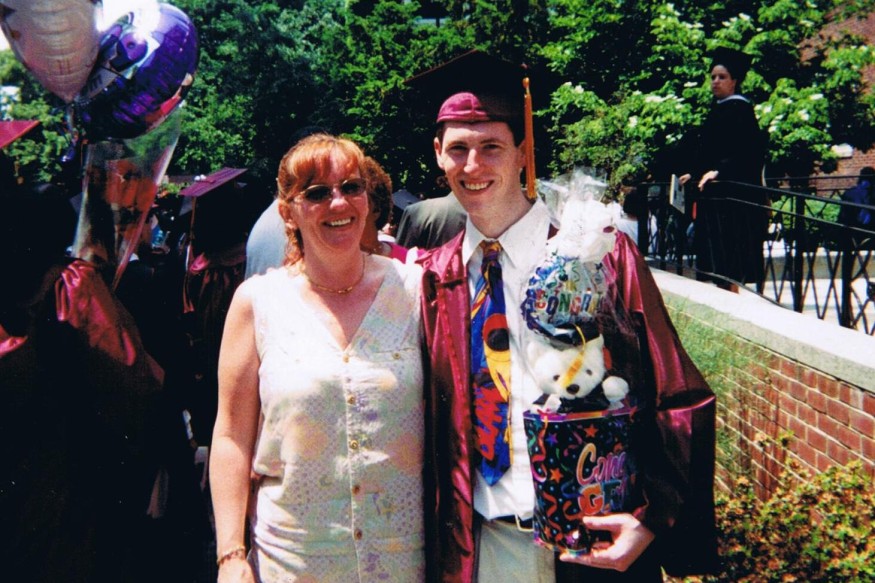
A shocking latest report from a federal health agency revealed that someone in the United States dies every 15 minutes due to superbugs.
The genetics researchers of the US Centers for Disease Control and Prevention named five drug-resistant superbugs as "urgent threats". These germs were linked to the death of about 35,000 people in the US every year.
The Urgent Threats
Two new superbugs were added to the 2013 list: Acinetobacter, a bacterium that normally occurs in unsanitized healthcare settings, and Candida Auris, an invasive fungus that can enter the bloodstream.
The remaining three were already considered urgent threat since 2013. These are the carbapenem-resistant Enterobacteriaceae (CRE), and a sexually transmitted infection Neisseria gonorrhea.
The remaining one, Clostridioides difficile, or C. diff, is considered as the deadliest superbug. It is a common complication while taking a side effect due to the antibiotic killing even the good bacteria that help fight infections. People who are under antibiotic medication is seven to 10 times more likely to acquire. In some cases, symptoms might occur a month later after the medication stops.
C. diff. is attributed to at least 12,800 deaths yearly. One of its unfortunate victims is Peggy Lillis, a 56-year old kindergarten teacher. According to her son, Christian Lillis, Peggy was healthy before she woke up one day with severe diarrhea.
She dismissed it, thinking she just got something from her student or maybe she got food poisoned, Christian said.
But five days later, she was brought to the hospital due to extreme weakness. This was when she was diagnosed with C. diff. Peggy suffered from kidney failure and died the next day after she was brought to the hospital.
Peggy's autopsy reported her death as a "consequence of antibiotic therapy for a dental procedure". Two days before she fell ill, she was prescribed antibiotics to prevent infections for the root canal procedure.
To prevent similar deaths, Christian and his brother, Liam Lillis, founded the Peggy Lillis Foundation to spread awareness about C. Diff.
"Antibiotics no longer perform miracles."
As the germs evolve to survive antibiotics, public health is in great danger. Michael Craig, a CDC senior adviser on antibiotic resistance, feared that this will not just affect the frail, elderly people who are the typical target of superbugs, but also every person on the planet.
Current antibiotics are slowly losing their effectiveness, yet it does not mean stronger variants should be introduced. New antibiotics do not come quickly and it will just become ineffective eventually, said CDC Director Dr. Robert Redfield.
Dr. Redfield suggested a more "aggressive strategy" of keeping the germs away from antibiotics instead. That means using less since less exposure means less opportunity for the germs to adopt.
Some experts are blaming doctors for irresponsibly giving antibiotics as for the patients' demand. According to the CDC, one-third of antibiotic prescriptions are unnecessary
Better procedures and tools to determine the cause of the infection is also suggested by Dr. Redfield.
The overuse of antibiotics on animals is also a factor for this threat. CDC reported that 20 percent of superbug infection came from the food we eat.
Dr. Anthony Fauci of the National Institute of Allergy and Infectious Diseases said that humans caused this problem, therefore humans must also work to end this. He believes that it is not impossible but will need global participation.
© 2025 NatureWorldNews.com All rights reserved. Do not reproduce without permission.





